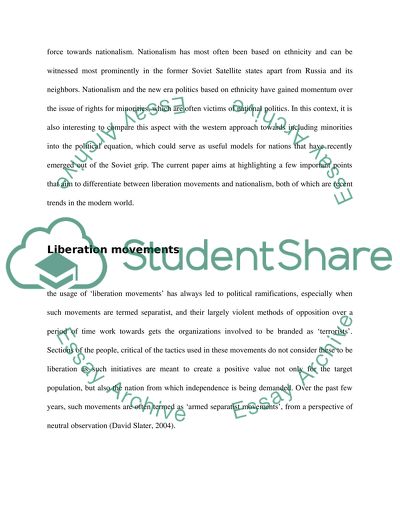Cite this document
(“Post-colonial liberation movement vs. Post-soviet resurgent Essay”, n.d.)
Post-colonial liberation movement vs. Post-soviet resurgent Essay. Retrieved from https://studentshare.org/history/1557383-post-colonial-liberation-movement-vs-post-soviet-resurgent-nationalism
Post-colonial liberation movement vs. Post-soviet resurgent Essay. Retrieved from https://studentshare.org/history/1557383-post-colonial-liberation-movement-vs-post-soviet-resurgent-nationalism
(Post-Colonial Liberation Movement Vs. Post-Soviet Resurgent Essay)
Post-Colonial Liberation Movement Vs. Post-Soviet Resurgent Essay. https://studentshare.org/history/1557383-post-colonial-liberation-movement-vs-post-soviet-resurgent-nationalism.
Post-Colonial Liberation Movement Vs. Post-Soviet Resurgent Essay. https://studentshare.org/history/1557383-post-colonial-liberation-movement-vs-post-soviet-resurgent-nationalism.
“Post-Colonial Liberation Movement Vs. Post-Soviet Resurgent Essay”, n.d. https://studentshare.org/history/1557383-post-colonial-liberation-movement-vs-post-soviet-resurgent-nationalism.


